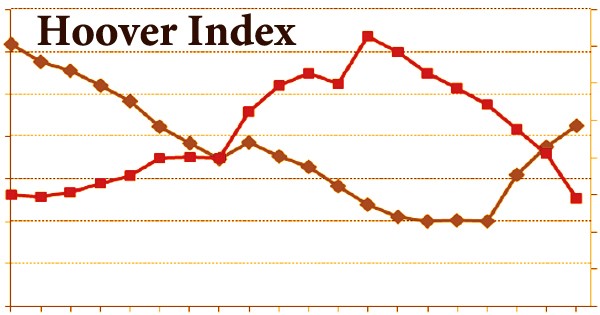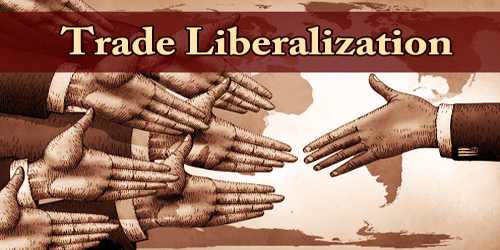Monetization is the process of converting something into money in general. It literally means to exchange something for money. In practice, this entails converting non-revenue-generating activities, services, or assets into revenue-generating activities, services, or assets. The term is used in a variety of contexts.
The process of converting an item into cash is referred to as “monetizing.” In the banking industry, monetization can refer to the process of converting an asset into legal tender. The term refers to the process of converting or establishing something into a legal tender in banking. Informally, it can also refer to the exchange of possession for a cash equivalent – for example, charging fees for intellectual property or selling a security interest. While it usually refers to central banks coining currency or printing banknotes, it can also take the form of a promissory currency.
Informally, the term “monetization” refers to exchanging possessions for cash or cash equivalents, such as selling a security interest, charging fees for something that was previously free, or attempting to make money on goods or services that were previously unprofitable or thought to have the potential to earn profits. And data monetization refers to a variety of methods for converting information assets into monetary value.
In technology, “monetizing data” refers to converting information assets into monetary value. In the United States, the phrase “to monetize debts” refers to the process by which the Federal Reserve purchases government debts after liquidating individual holdings. The purchases increase the reserves of the banking system and, eventually, the money stock.
Monetization is an important part of a company’s business strategy for making a profit and ensuring long-term viability. In the United States, the Federal Reserve monetizes debt in order to avert a potential financial crisis. Another definition of “monetization” is the process by which the United States Treasury accounts for the face value of outstanding coinage. This procedure can even be applied to one-of-a-kind situations, such as when the Treasury Department sold an extremely rare 1933 Double Eagle coin. The nominal value of the coin was added to the final sale price to reflect the fact that the coin was deemed to have been issued into circulation as a result of the transaction.
In some industries, such as high technology and marketing, monetization is a buzzword for converting non-revenue-generating assets into revenue-generating assets. Economic processes characterized by monetization represent a watershed moment in the evolution of capitalism, and they are nearly as old. The process of monetization is critical to strategic planning and thus plays an important role in the growth of businesses or other entities.
Promissory currency
Commodities such as gold, diamonds, and emeralds have generally been regarded by human populations as having an intrinsic value within that population based on their rarity or quality, providing a premium not associated with fiat currency unless that currency is “promissory.” That is, the currency promises to deliver a certain amount of a recognized commodity of universally (globally) agreed-upon rarity and value, thereby providing legitimacy or value to the currency. Though this is rarely the case with paper currency, even intrinsically relatively worthless items or commodities can be converted into money if they are difficult to produce or acquire.
















